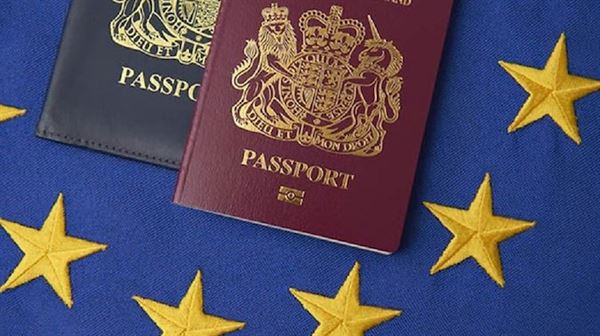The European Commission has asked Malta to clarify how it intends to address Bank of Valletta's shortcomings over its monitoring of foreign customers
The European Commission has asked Malta to clarify how it intends to address Bank of Valletta’s shortcomings over its monitoring of foreign customers who applied to buy Maltese citizenship under a so-called “golden passport” scheme.
Malta, with a population of only 420,000, has sought to attract foreign capital with schemes such as the cash for passport programme, even though the EU has highlighted the risks of this potentially attracting the proceeds of criminal activities. Under the scheme, people can obtain a Maltese passport by investing in the country.
Last month, Reuters reported on a confidential decision by the European Central Bank that required Malta’s largest bank to take remedial action after an inspection exposed “severe shortcomings” that could have allowed money laundering or other criminal activities.
The ECB report said when foreign nationals seeking to buy passports under the scheme opened an account at Bank of Valletta (BoV), the bank registered them as Maltese citizens, which reduced their risk profile.
State-owned BoV said at the time it was strengthening its risk controls, governance structure and anti-financial crime defences.
A spokesman for BoV was not immediately available to comment on Monday.
In the letter sent to Maltese authorities on Friday, and seen by Reuters, the Commission’s director-general for justice Tiina Astola asked whether the government had acted on the ECB findings.
“Is there any specific follow-up given by the Maltese government to those parts of the report of the European Central Bank that concern the Individual Investor Programme?,” she said referring to the passport scheme. She asked for a response by Jan. 6.
In the letter, Astola said these schemes posed a number of risks, including money laundering, corruption and tax evasion.
Malta’s Prime Minister Joseph Muscat, who on Sunday said he planned to step down amid a crisis over an investigation into a murdered journalist, created the passport-for-sale scheme in 2014.
A spokesmen for Muscat was not immediately available for comment.
Under the passport programme, foreign applicants must invest at least 1 million euros ($1.1 million) in Malta to obtain a passport that allows the holder to work and live in most EU countries.
Among EU countries only Malta, Cyprus and Bulgaria grant citizenship in exchange for investment – the so-called “golden passports.” Bulgaria said in January it would halt this programme.
CYPRUS
The Commission also sent a letter to Cyprus on Friday seeking clarification of a government decision in November to revoke the Cypriot citizenship of 26 individuals who were granted it under the country’s investor scheme.
A Cyprus government spokesman was not immediately available for comment.
In the letter, seen by Reuters, Astola asked Nicosia whether it would investigate “possible misconduct” in these cases and how it intended to prevent people with high-risk profiles from getting passports in the future. Astola’s letter asked for a response by Jan. 6.
